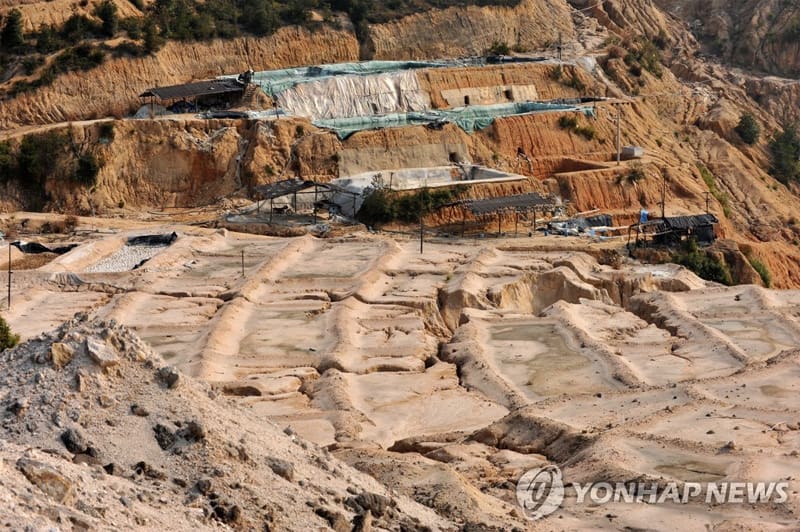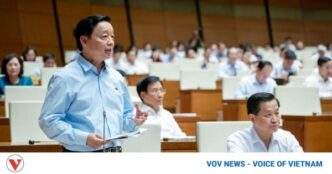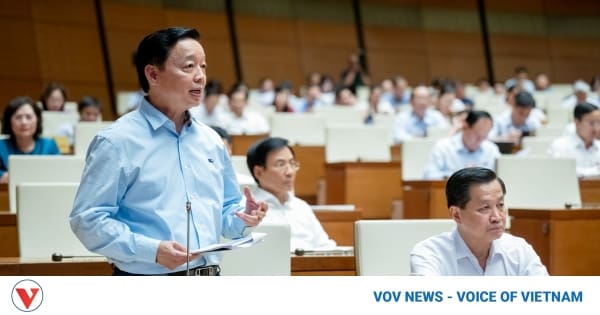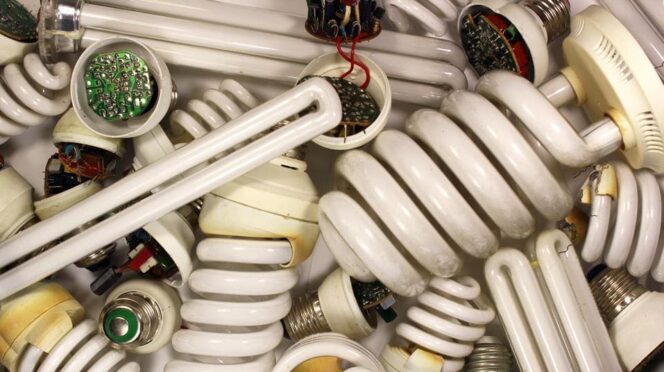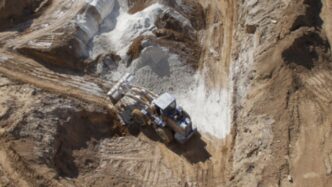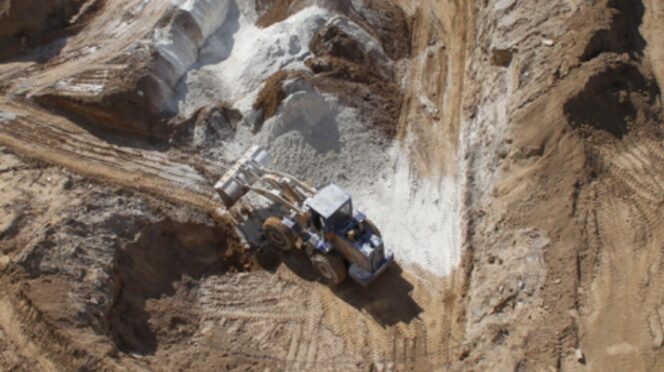A growing dependence on Chinese products has raised concerns for industries across the globe, particularly in South Korea where reliance on imports for key minerals has reached a staggering 61%. This heavy reliance has left semiconductor and battery companies in a state of worry, as any future export controls from China could have devastating effects on their production capabilities.
According to the Ministry of Trade, Industry and Energy, South Korea’s dependence on imports from China for five rare earth minerals has been steadily increasing, jumping from 49.5% in 2018 to 61.2% last year. These rare earth minerals, such as neodymium and dysprosium, are essential components in the production of semiconductors and other high-tech products.
Furthermore, South Korea’s imports of 33 key minerals from China reached $9.3 billion last year, tripling in just three years. To address these concerns, the Ministry of Trade, Industry, and Energy has identified 33 key minerals, including lithium and nickel, needed to stabilize supply chains in industries such as electric vehicles and semiconductors.
In light of these developments, experts have emphasized the need for South Korea to diversify its import channels and strengthen its own supply capacity to ensure stable access to essential minerals. Initiatives such as the Korea-Australia Core Mineral Agreement and participation in the Indo-Pacific Economic Framework Core Mineral Security Partnership have been seen as steps in the right direction, but further expansion of partnerships with other countries is still needed to mitigate geopolitical risks.
As tensions between major countries in the high-tech industry continue to rise, securing a stable supply of key minerals has become a top priority for South Korea and other nations around the world. Diversification and strategic planning will be essential to safeguarding national economic security in the face of uncertain export controls and supply chain disruptions.
